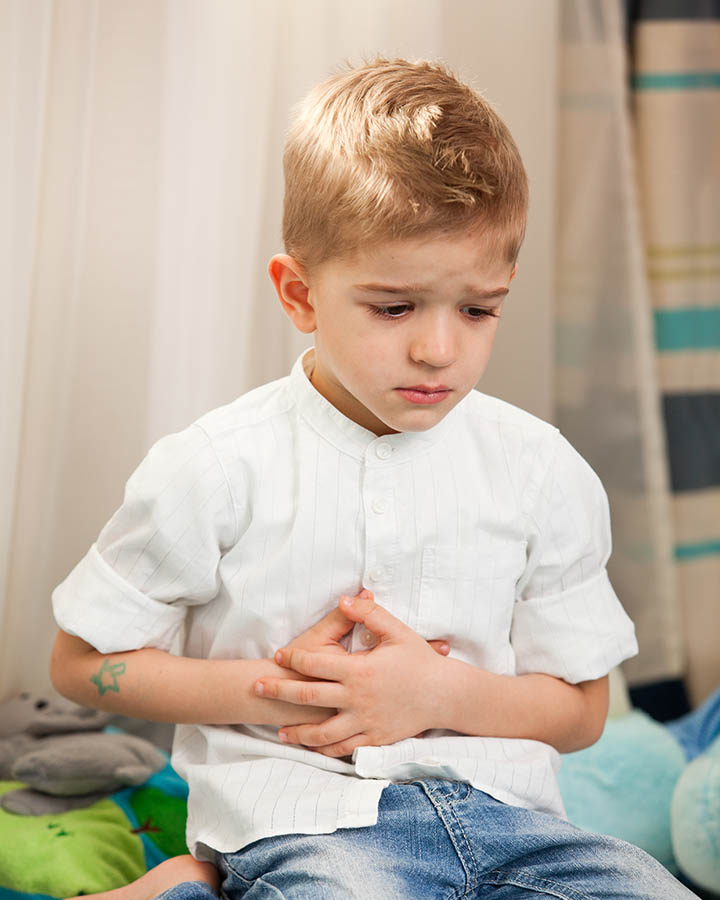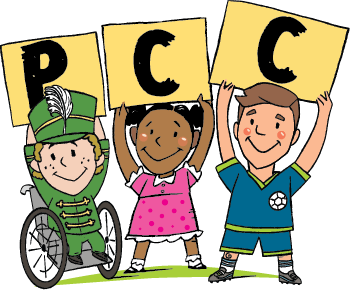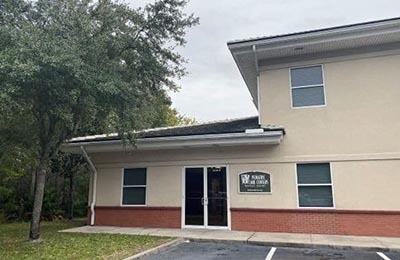Home » Common Childhood Illness FAQs » Stomach Ache
What You Should Know
Stomach Ache or Gastroenteritis?

All kids get stomach aches. It can easily occur when they eat something they don’t like or if they are upset about something and their belly starts to hurt. Recognizing the difference between what could be a simple stomach ache or something more serious, like gastroenteritis or appendicitis, can help determine treatment and urgency to seek medical attention.
We have compiled a list of common questions and answers to help you to better understand what might be causing your child’s stomach ache, how to treat it, and when to go see a pediatrician.
A child’s stomach ache can be caused by:
- Indigestion
- Gastroenteritis (stomach flu or stomach bug)
- Food poisoning
- Gas
- Constipation
- Stress or anxiety
- Irritable bowel syndrome or functional abdominal pain
- Appendicitis (causes acute or sudden pain)
Gastroenteritis, commonly referred to as the stomach flu or stomach bug, is much more significant than just a belly ache. This type of stomach bug can cause a variety of symptoms. If the stomach ache is accompanied by any of the symptoms below, it could be gastroenteritis.
Symptoms of Gastroenteritis Include:
- Vomiting
- Diarrhea
- Abdominal pain
- Irritability
- Poor appetite
- Cramps
- A low grade fever
- Headache
It’s important to be able to tell your child’s pediatrician if your child may have been exposed to someone who was sick with those symptoms as they could have contracted the virus from them and that can help expedite diagnosis. In most cases, these viruses are gone within a few days of arriving. You treat the symptoms and rest and they go away.
There is no specific treatment for gastroenteritis in infants or kids, or gastroenteritis remedy but you can treat the symptoms to help ease discomfort.
Drink plenty of fluids
The biggest issue for kids, especially young ones, is to avoid dehydration, particularly with vomiting. Give your child regular fluids to keep them hydrated. However, if your child takes in too many fluids at one time, they are likely going to struggle to keep them down. Small, regular amounts of fluids every 15 to 20 minutes can help to avoid dehydration.
Resume your child’s normal diet
You can resume a normal diet gradually once your child stops vomiting. Ensure to continue with plenty of fluids as well to stay hydrated. It’s best to start by introducing bland foods back into their diet slowly such as lean meats and complex carbohydrates like bananas rice and potatoes. Avoid fatty foods, dairy and sugary beverages for now. If your infant is nursing, you can resume breastfeeding immediately.
Do not give anti-diarrhea medicine
It’s important not to give your child with gastroenteritis anti-diarrhea medicine without checking with your child’s pediatrician first. The use of this medicine can prohibit the harmful bacteria from leaving the body.
Get plenty of rest
Your child’s body needs to recover from their stomach bug and rest can be the best course of action for a faster recovery. Have your child rest in bed or in a quiet, comfortable place at home until their symptoms subside. Your child should not return to school or be around others who are not in the household until their diarrhea subsides.
If the stomach ache is clearly not gastroenteritis, asking your child the location of their belly ache is important. Stomach pain symptoms can vary based on what is causing your child’s stomach ache. It’s important to determine where your child’s stomach hurts. Location, severity of pain, when it started and any activities/movement that make it worse or help relieve pain are all important questions to ask your child and be ready to tell the pediatrician so that they can diagnose the cause of your child’s stomach ache.
Stomach pain around the belly button
Stomach pain around the belly button is the most common stomach pain complaint among children. This type of pain is usually caused by stress or your child eating something that upset their stomach. Your child’s upset stomach in this area can usually be remedied by distracting them to take their mind off the discomfort until it subsides, your child having a bowel movement, expressing gas, or laying down to rest.
Stomach pain in the lower right part of the abdomen
Pain in the lower right part of the belly can sometimes indicate appendicitis. If your child is complaining of severe pain, specifically bending over in pain, in this area and it’s accompanied by fever, nausea, vomiting, difficulty passing gas, loss of appetite, constipation or diarrhea, it may be appendicitis and you should seek medical attention immediately.
Stomach pain on the left side of the abdomen
Typically stomach pain on the left side of the abdomen is nothing serious. Pain in this area is usually caused by constipation or something mild. Monitor your child’s pain level and activity to ensure it is not something more serious and does not persist.
Stomach pain in the upper abdomen
If your child is complaining of pain in this area, it is usually caused by indigestion. Symptoms of indigestion include pain in the middle or upper part of the belly, nausea, bloating, burping or heartburn. Take note of what your child has eaten recently as that may be the cause.
Stomach pain in the upper right side of the abdomen
If your child is complaining of pain in the upper right side of their belly, this could indicate gallstones. Although gallstones are more common in adults, they can happen in children who are at-risk. Children who can be at-risk for gallstones are children with obesity, children with certain health conditions and children of families who have a history of gallstone disease.
In addition to any of the pain location indicators above for your child’s stomach issues, seek medical attention if your child is experiencing:
- Persistent vomiting, not being able to keep anything down, even water
- Constipation is becoming frequent
- Recurrent stomach pain with no clear cause
- Blood in stool
- Diarrhea
- Fever and cough
- Pain when urinating
- Unexplained weight loss
- Looks or acts sick
- Pain that is waking your child up from sleep or is starting to affect their daily lives
- Jaundice
In many cases, the stomach ache is not serious and will subside. It’s best to air on the side of caution though since stomach aches can be caused by numerous issues. Please contact your pediatrician in Jacksonville with any concerns.





